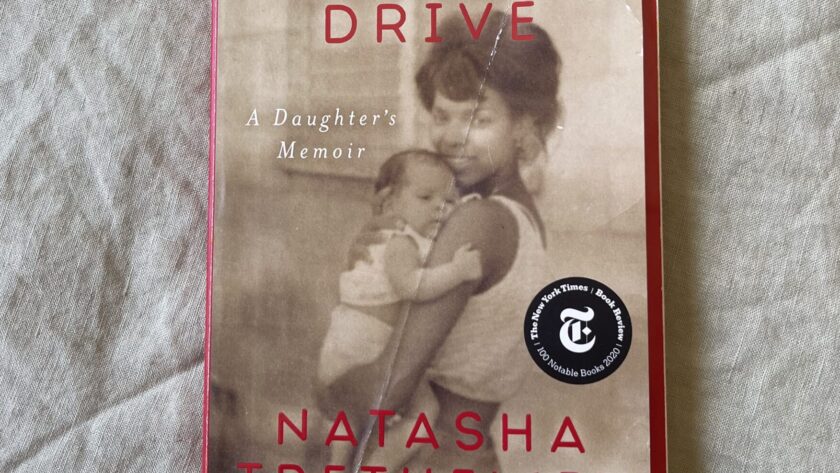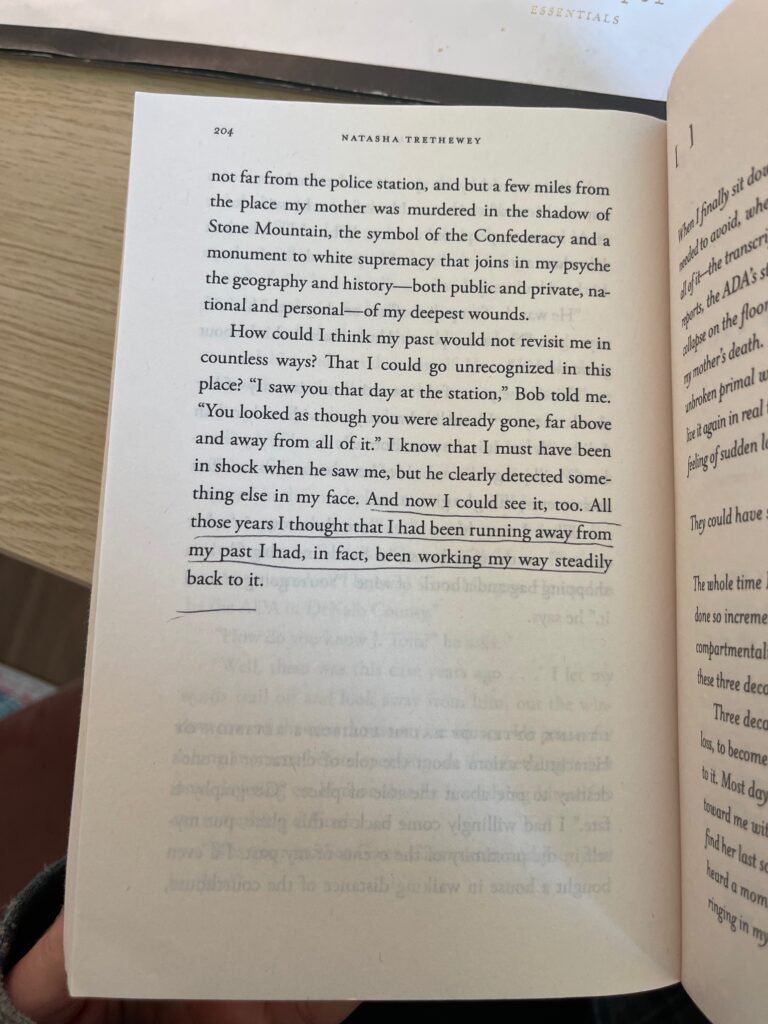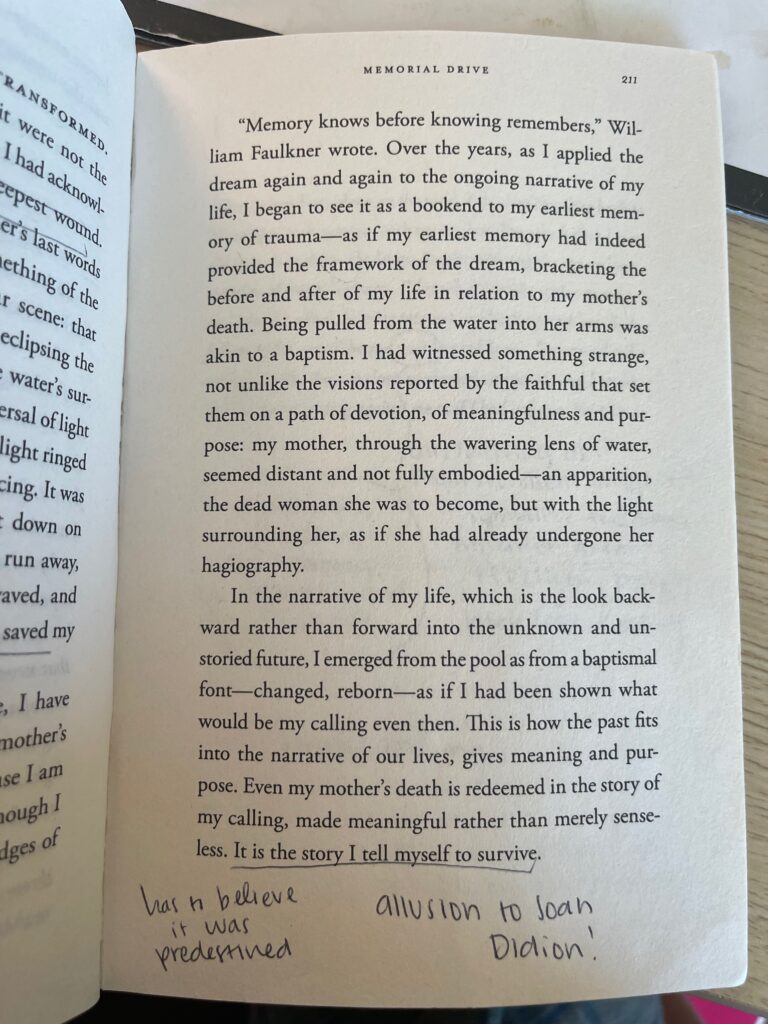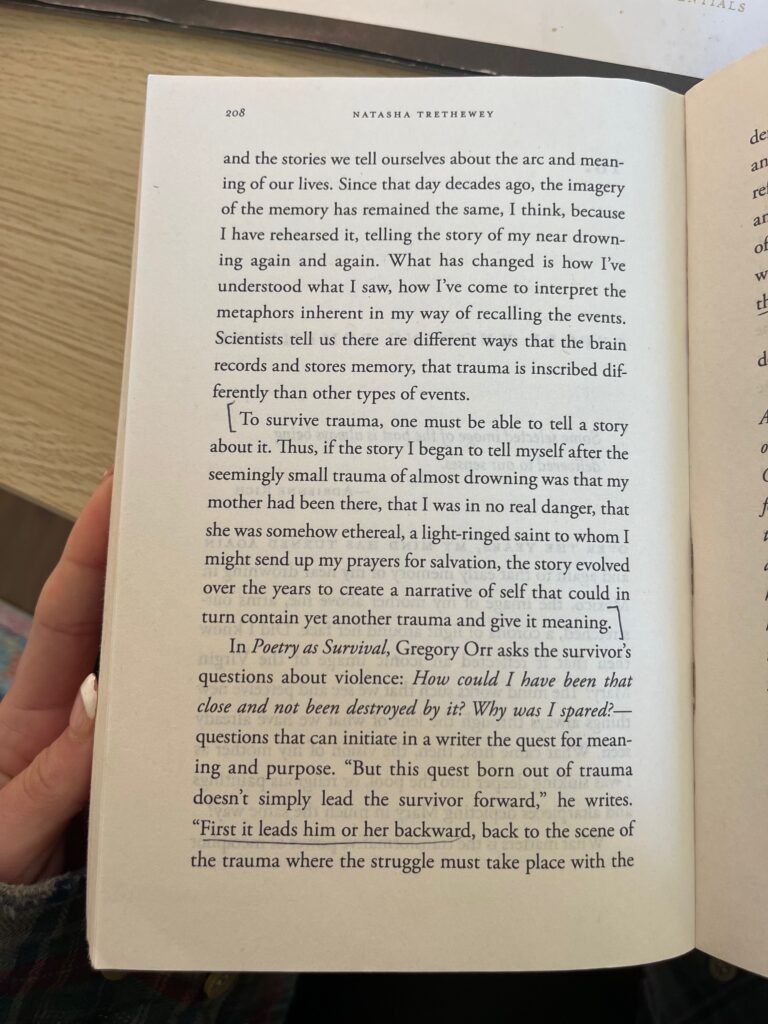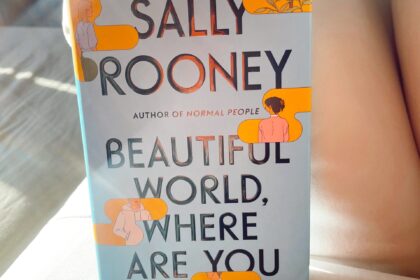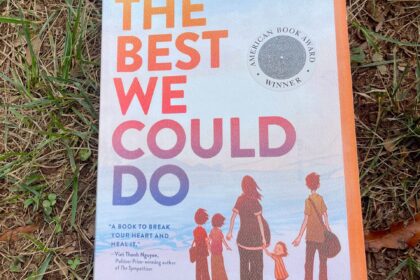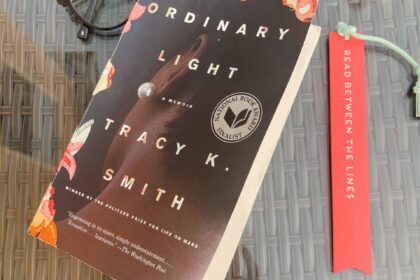This book broke my heart. And I’d let it do it again.
Natasha Tretheway’s Memorial Drive was not a read for the faint of heart – it is tragic, heartbreaking, painful, and truthfully, probably should have come with a trigger warning. This is not a book I would have done well with in my less mentally stable days. But hey, if your serotonin levels are feeling relatively stable and your empathy may need some building, Memorial Drive might just be the book for you.
A former US Poet Laureate, Natasha Tretheway is the pride and joy of the UGA English Department. After attending undergrad in Athens, Tretheway earned an MA in English and Creative Writing from Hollins University, and subsequently earned an MFA in poetry from the University of Massachusetts. It warms my heart to imagine a young Natasha Tretheway roaming the corridors of Park Hall, undoubtedly sporting a trendy tote bag and buried in a book. I like to imagine that we would have been friends, had time and space allowed for it.
Tretheway, primarily a poet, has published five collections of poetry: Monument (2018), Thrall (2012), Native Guard (2006 – Pulitzer Prize Winner 2007), Bellocq’s Ophelia (2002), and Domestic Work (2000). Due to her background in poetry, Tretheway’s mastery of lyric techniques shines through in this memoir, with beauty and innovation seeping through every turn of phrase.
Tretheway’s Memorial Drive: A Daughter’s Memoir marked her first experimentation with the memoir form, and the result is tragically beautiful rendering of a daughter attempting to make sense of her mother’s violent death at the hands of her stepfather.
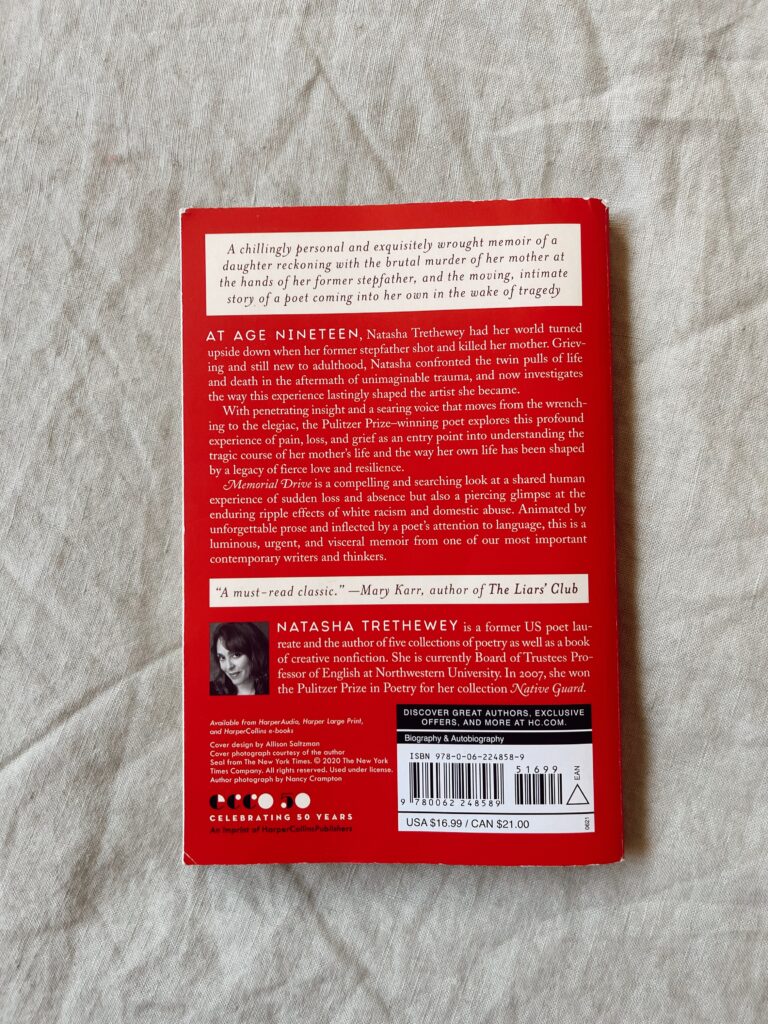
“At age nineteen, Natasha Tretheway had her world turned upside down when her former stepfather shot and killed her mother… Natasha confronted the twin pulls of life and death in the aftermath of unimaginable trauma, and now investigates the way this experience lastingly shaped the artist she became.”
In this memoir centered around profound trauma, Tretheway asserts that remembering the past is necessary to existing in the present. She consistently constructs story around the central loss, makes narrative in hindsight in order to more fully understand an elusive trauma she spent much of her adult life attempting to forget. In the murder of her mother, Tretheway was denied agency over her life. In the writing of this story, Tretheway is attempting to reclaim that agency.
Storytelling, she continually asserts, is a vehicle towards healing trauma. She incorporates flashbacks as a way to move forward. In doing so, she echoes Richard Miller’s essay “Dark Night of The Soul” in arguing that indeed, the only way out is through.
In writing this memoir, Tretheway (now decades removed from the day of her mother’s death), relies on the official police transcripts gifted to her in a strange twist of fate. Due to this reliance on text, I found it interesting to consider Memorial Drive as an intertextual memoir – explicitly intertwined with an outside textual source. She conducts research into the death of her mother, and the results of that research reveal conclusions about her mother’s life, and by proxy, her own.
The title, perhaps, tells the reader all that there is to know about this text. The first word – “Memorial” – places an examination of the past at the center of this novel. That examination of the past, though, is contextualized within the present – just as memorials function in our society. The second word, then, – “Drive” – simultaneously places movement at the center of the text. To drive symbolizes freedom, movement onward and forward, an endless pursuit of a better tomorrow.
Memorial Drive argues that by reexamining the past in the context of the present, we may be allowed a path forward.
To heal from our trauma, we must construct and tell stories about it.
With impressive aptitude in dialogue, metaphorical language, sonic resonance, and evocation of authentic emotion, Memorial Drive left me in tears. It broke my heart. I felt the pain of the author, and I felt it as my own.
Though a tragic read, I would read it again and again, for Memorial Drive could truly be marketed as a How To Grieve Manual. It taught me things that I did not know I needed to hear, and those lessons will stay with me long after the book has returned to my shelf.
For further reading, this New York Times article provides an expert analysis.
